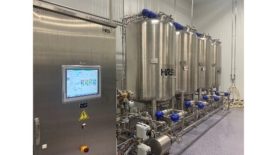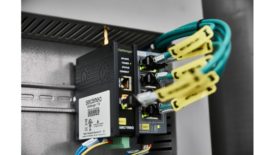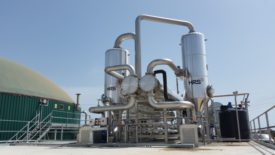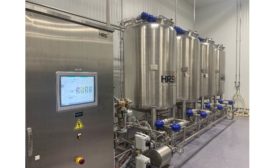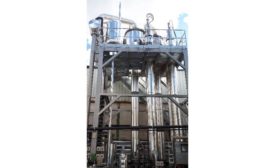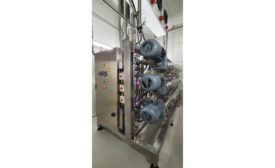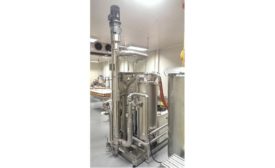Home » Keywords: » hrs heat exchangers
Items Tagged with 'hrs heat exchangers'
ARTICLES
Maintaining hygienic — in some cases, sterile — production environments and equipment is a key requirement for modern food processing machinery.
Read More
Get our new eMagazine delivered to your inbox every month.
Stay in the know with The National Provisioner's comprehensive coverage of the meat and poultry processing industry.
SUBSCRIBE TODAY!Copyright ©2024. All Rights Reserved BNP Media.
Design, CMS, Hosting & Web Development :: ePublishing
